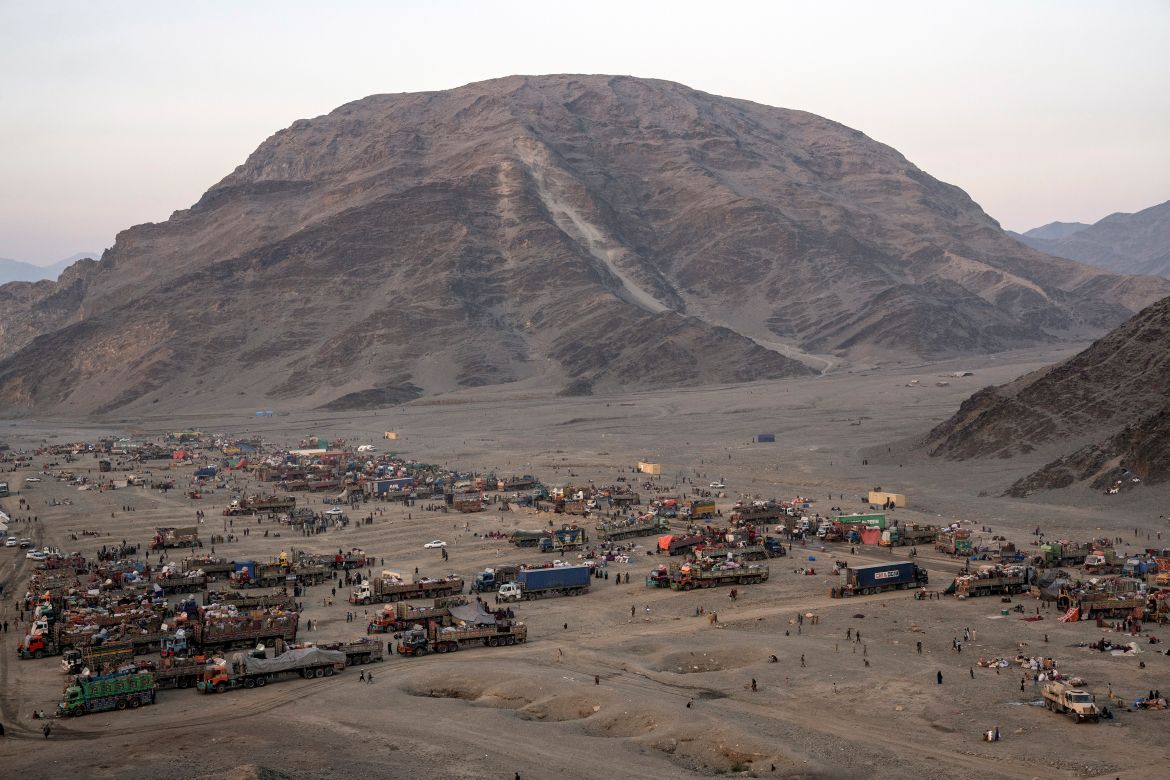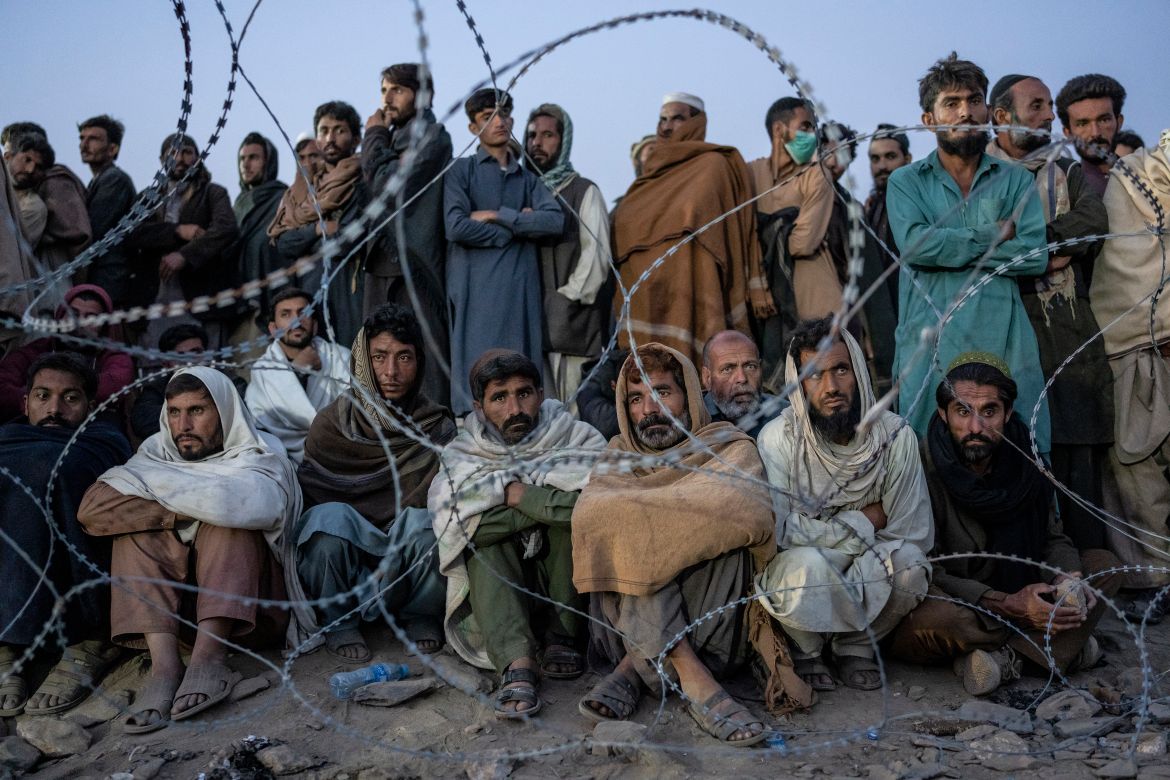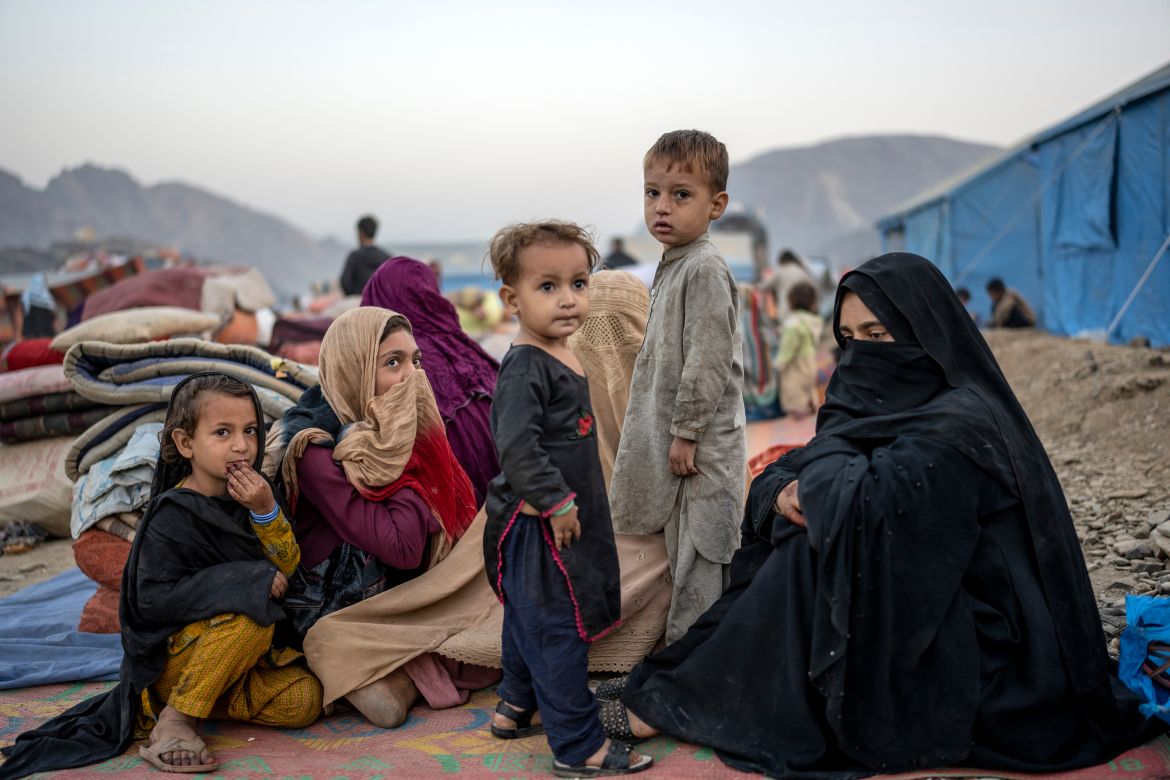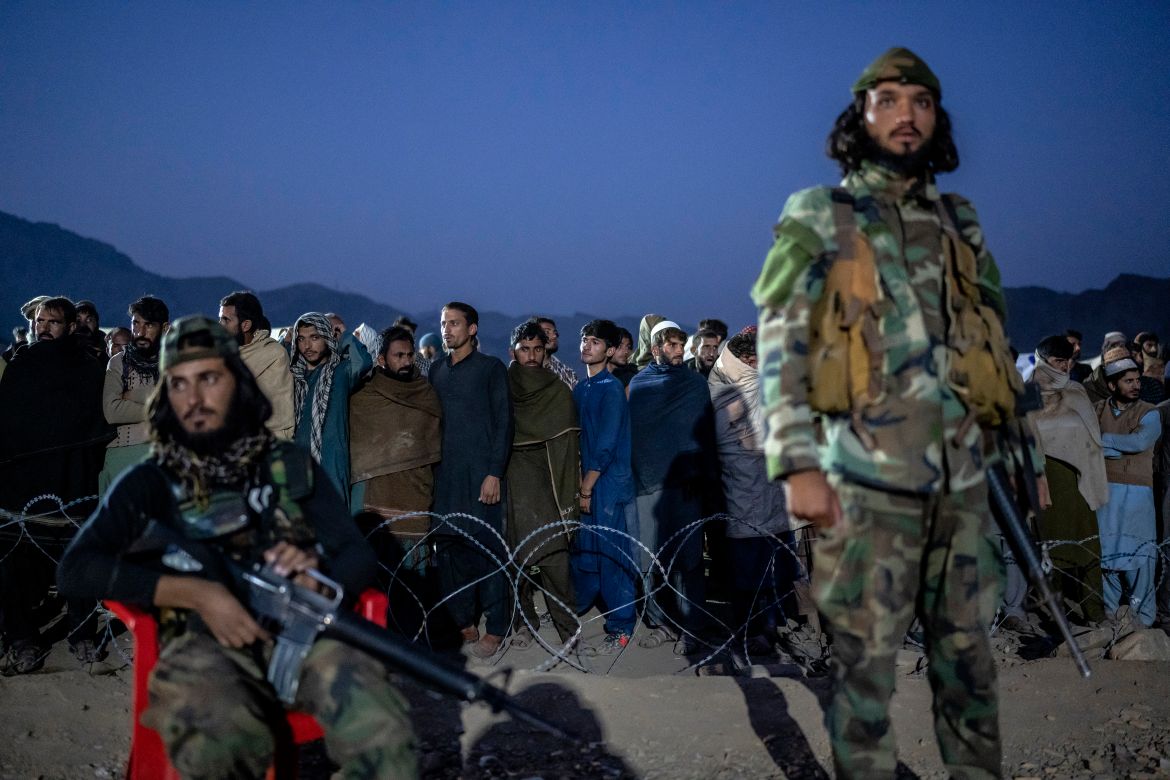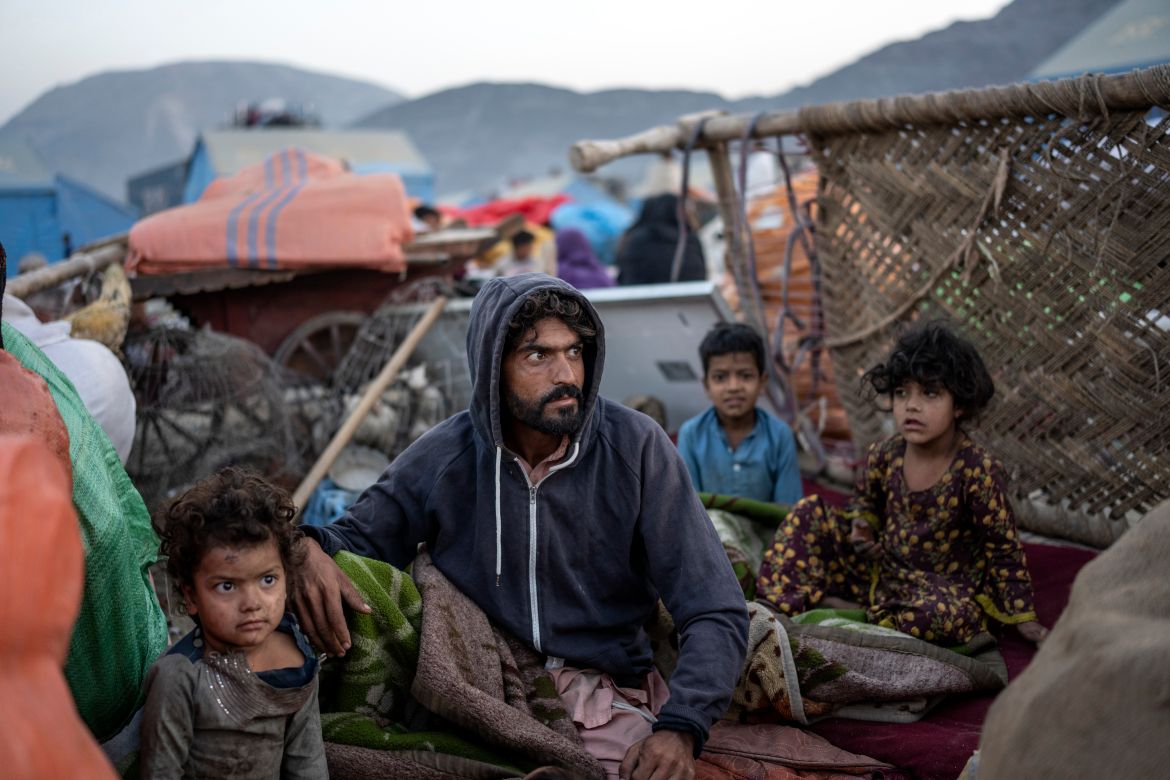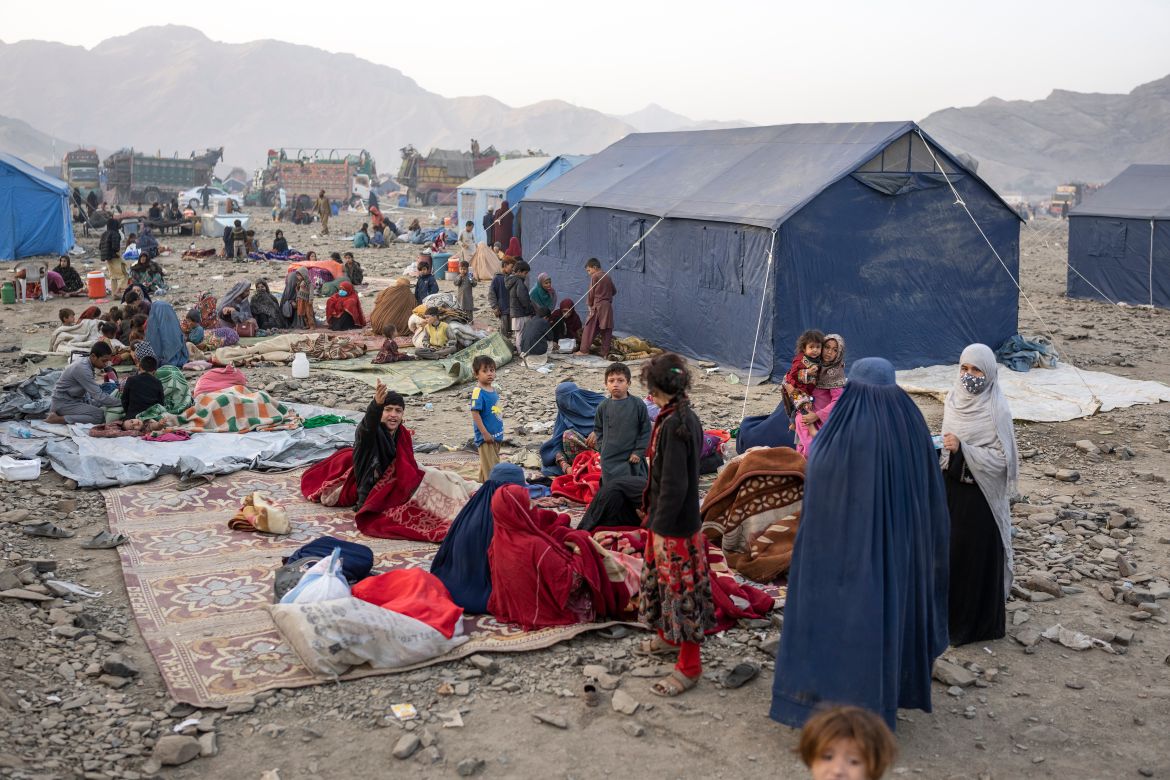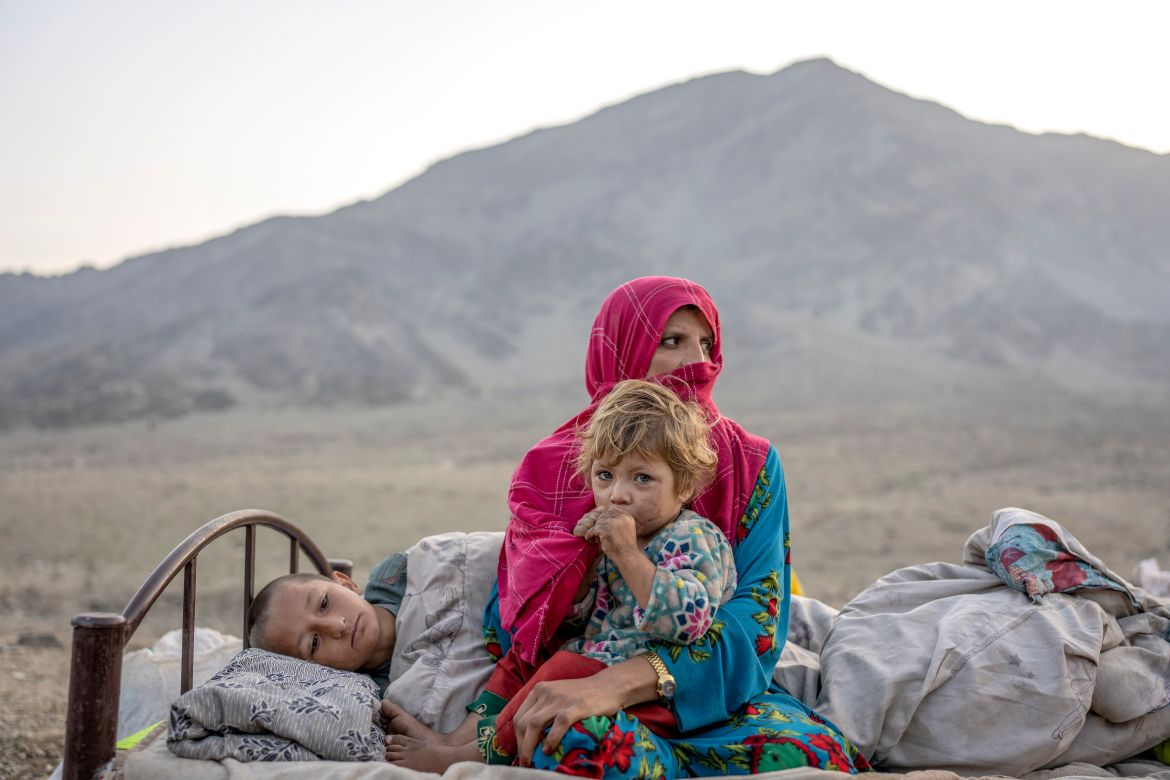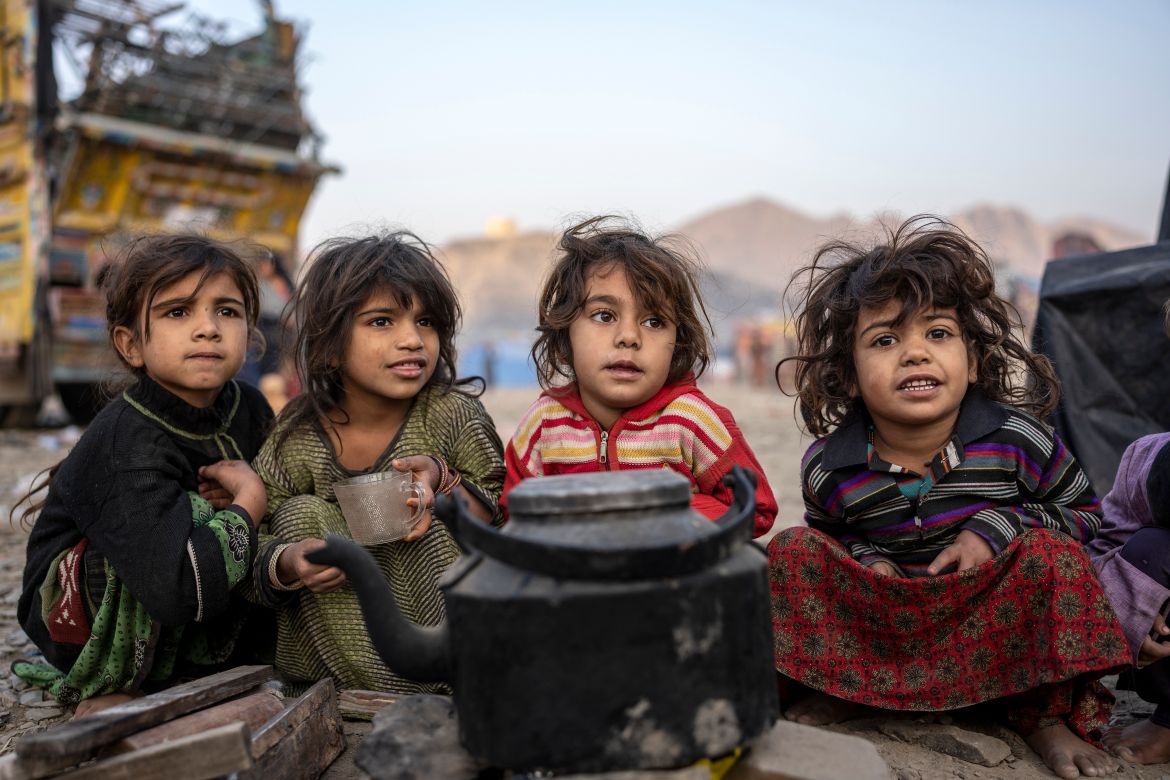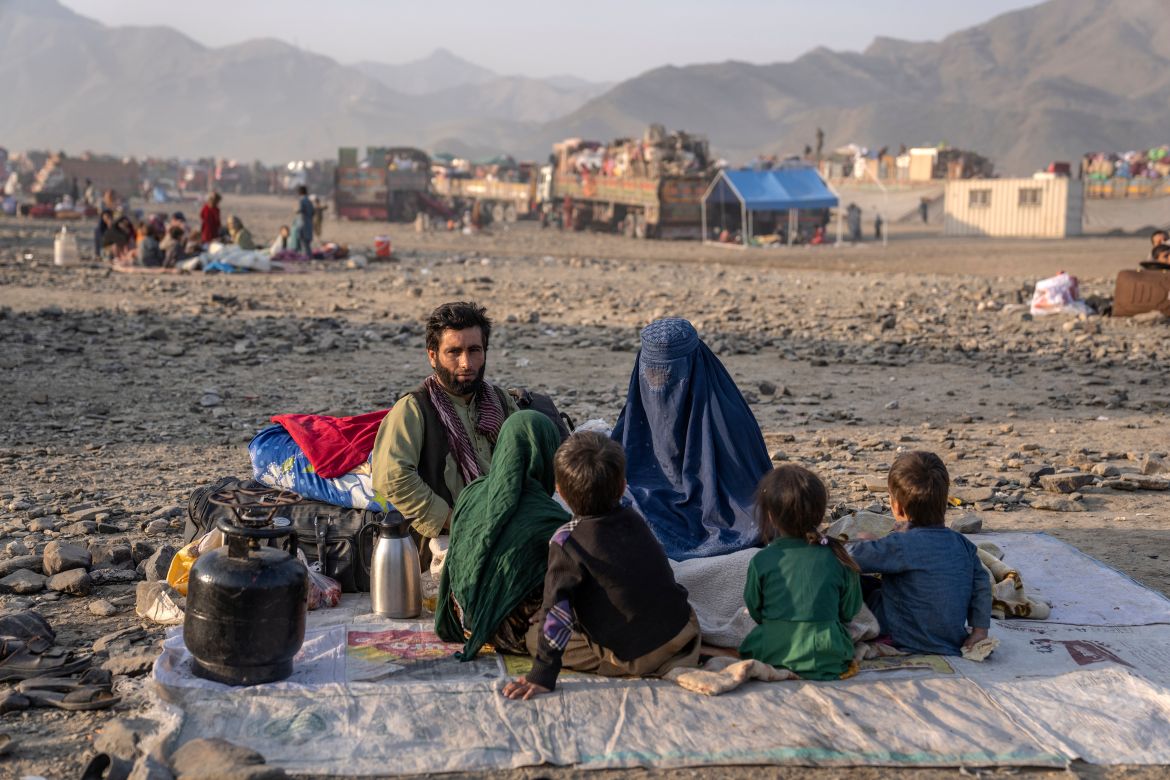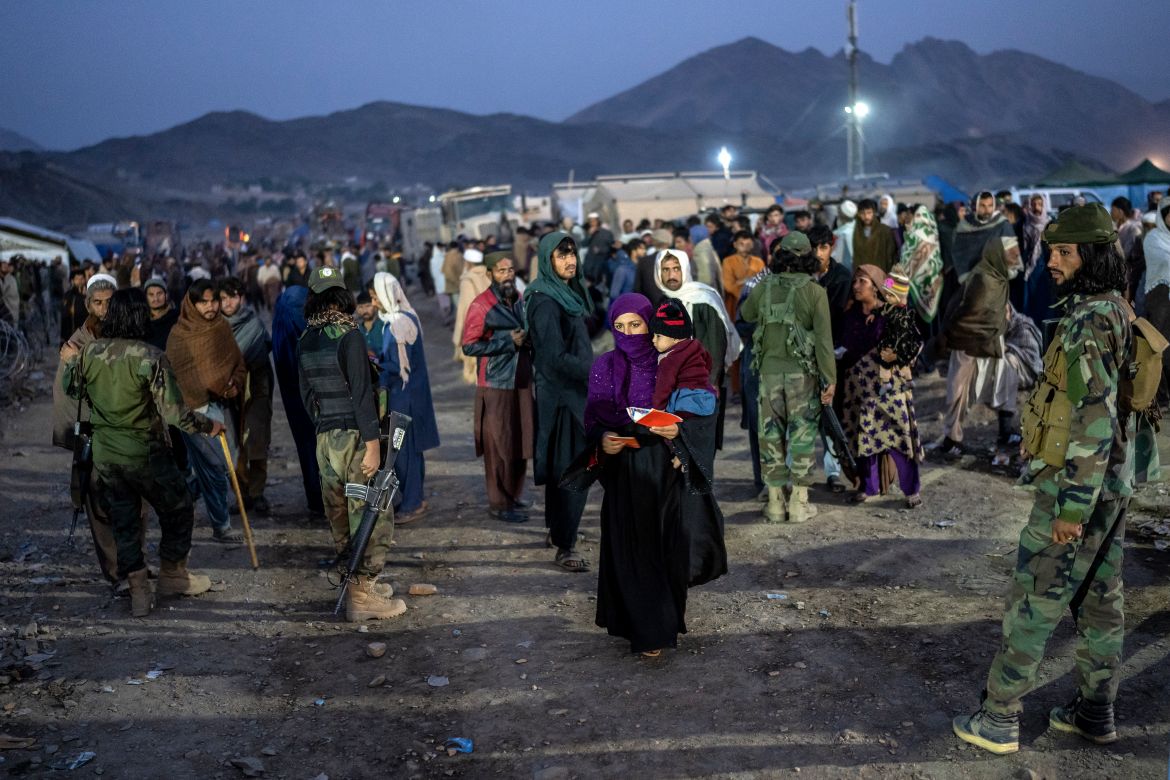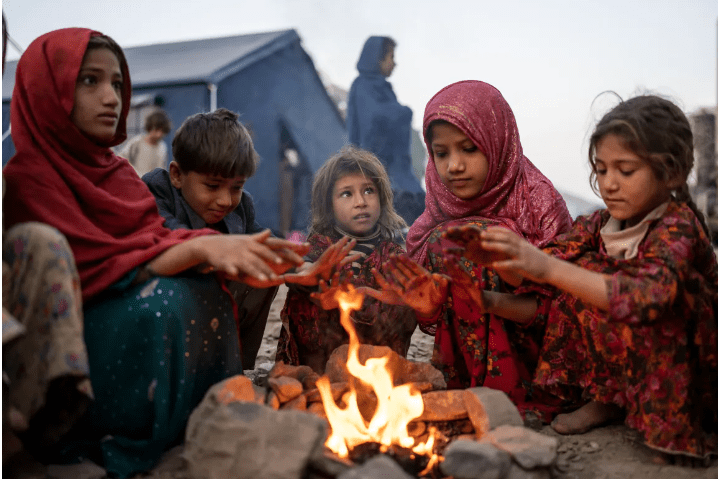
Afghans fleeing Pakistan to avoid arrest and deportation are sleeping in the open, without proper shelter, food, drinking water and toilets once they cross the border to their homeland, aid agencies said.
Hundreds of thousands of Afghans have left Pakistan in recent weeks as authorities pursue foreigners they say are in the country irregularly, going door-to-door to check migrants’ documentation.
Afghans leave Pakistan from two main border crossings, Torkham and Chaman. The ruling Taliban has set up camps on the other side for people to stay in while they wait to be moved to their place of origin in Afghanistan. Aid agencies said Torkham has no proper shelter.
There is limited access to drinking water, no heating source other than open fires, no lighting, and no toilets. There is open defecation and poor hygiene. UN agencies and aid groups are setting up facilities with thousands of people entering Afghanistan every day.
Kayal Mohammad lived in the northwest Pakistani city of Peshawar for 17 years. He has five children and was deported to the Afghan border almost a week ago.
He said that he was not allowed to take any household belongings with him. Everything he and his family own remains in Pakistan. His seven-year-old daughter Hawa weeps because she is cold. She drinks tea for breakfast from a cut-up plastic bottle and sleeps without a blanket.
Her father urged the international community for help. “We cannot ask the Taliban government,” he said. “They have nothing because they are yet to be recognised as a government. There are families who have nothing here, no land, no home. They are just living under the open sky. No one is helping.”
